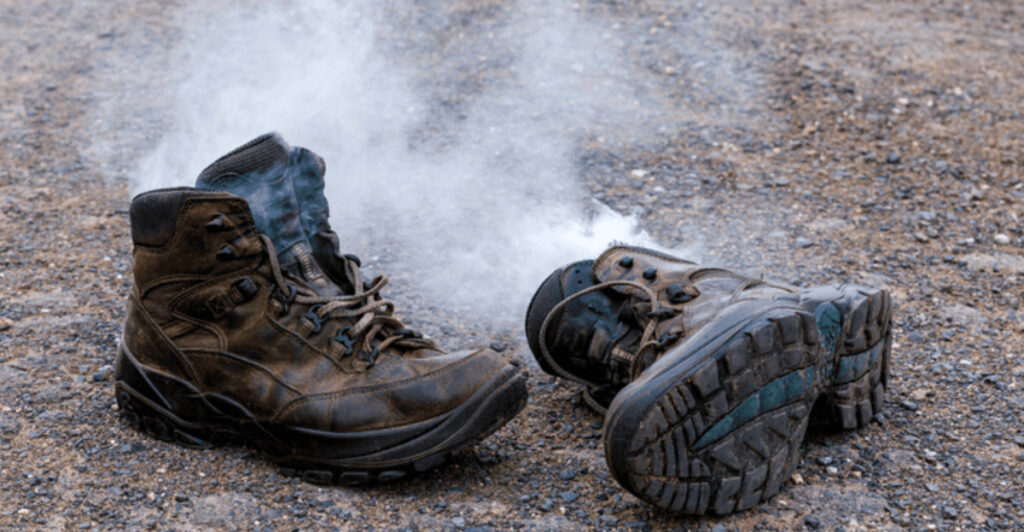Heavy, clunky hiking boots might seem like the obvious choice for outdoor adventures, but they could be sabotaging your trail experience. Many hikers discover that traditional boots create more problems than they solve. Modern alternatives offer better comfort and performance for most hiking situations.
1. Excessive Weight Drains Your Energy
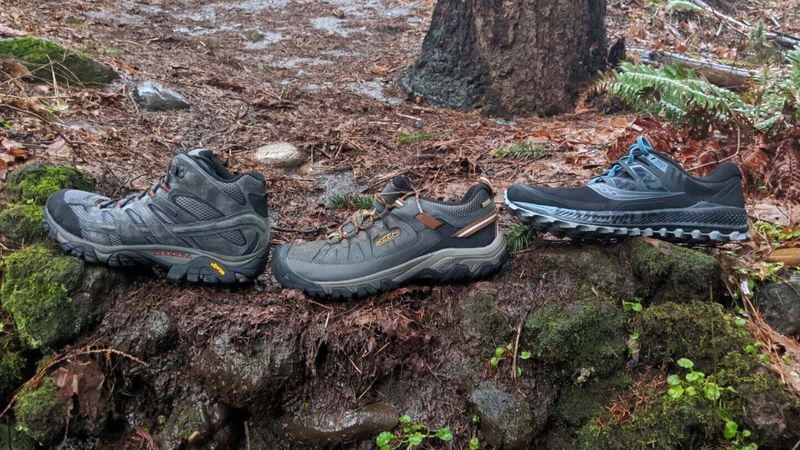
Every ounce on your feet feels like five pounds in your pack after miles on the trail. Traditional hiking boots often weigh twice as much as modern trail runners or lightweight alternatives.
Your legs work overtime lifting heavy boots with each step, leaving you exhausted before reaching your destination. Lighter footwear keeps you energized and focused on enjoying nature’s beauty instead of battling fatigue.
2. Poor Ventilation Creates Swamp Feet
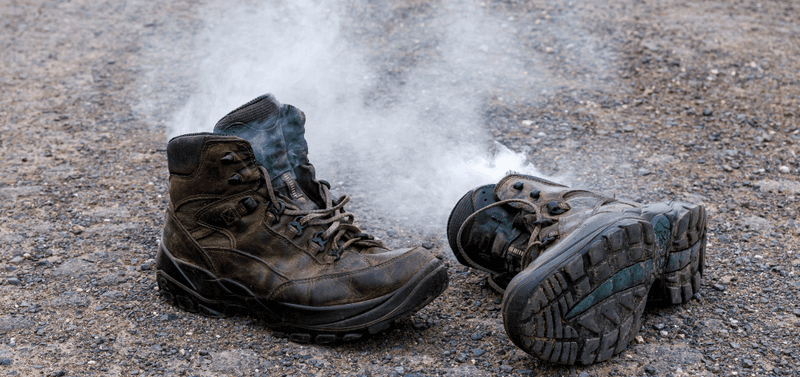
Waterproof boots trap heat and moisture like plastic bags around your feet. Once sweat starts building up, it has nowhere to escape, creating a humid breeding ground for blisters and odors.
Hot, soggy feet become painful and distracting during long hikes. Breathable trail shoes allow air circulation, keeping your feet dry and comfortable even during intense climbs or warm weather adventures.
3. Waterlogged Boots Stay Wet for Days
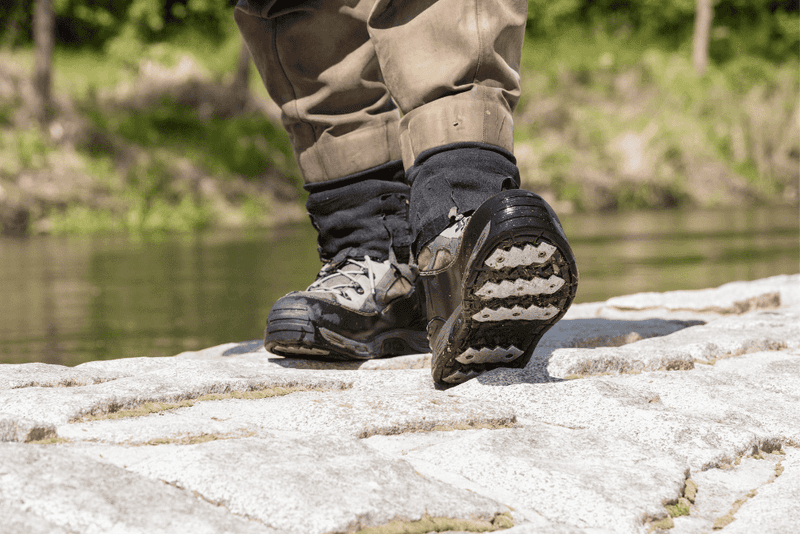
Stream crossings and rainy weather turn boots into waterlogged anchors that refuse to dry. Thick leather and multiple layers hold moisture for hours or even days after getting soaked.
Wet boots become heavier, colder, and more likely to cause painful chafing. Quick-drying trail shoes or sandals shed water rapidly, keeping you comfortable and mobile regardless of trail conditions ahead.
4. Rigid Design Weakens Natural Movement
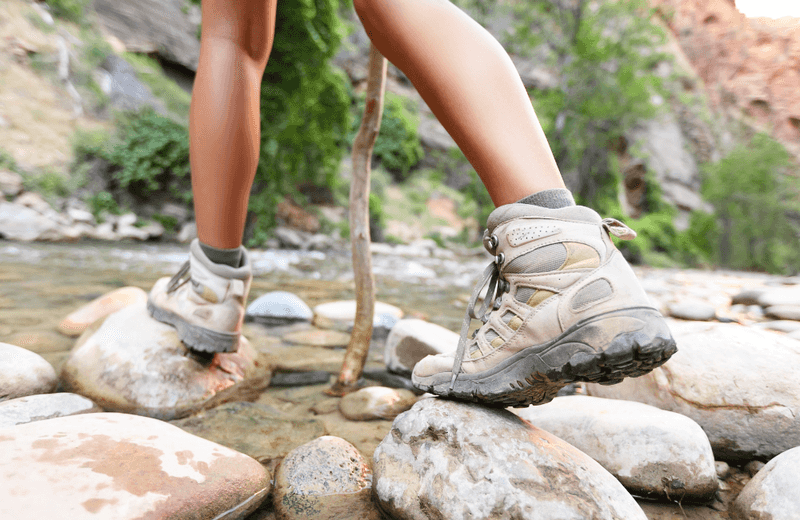
Stiff ankle support might sound protective, but it actually prevents your feet from moving naturally on uneven terrain. Over-engineered boots restrict the small adjustments your body makes for balance and stability.
Flexible footwear strengthens foot muscles and improves your natural agility on rocks and roots. Your feet evolved to handle rough ground without bulky armor limiting their incredible adaptability and responsiveness.
5. Bulky Size Complicates Packing
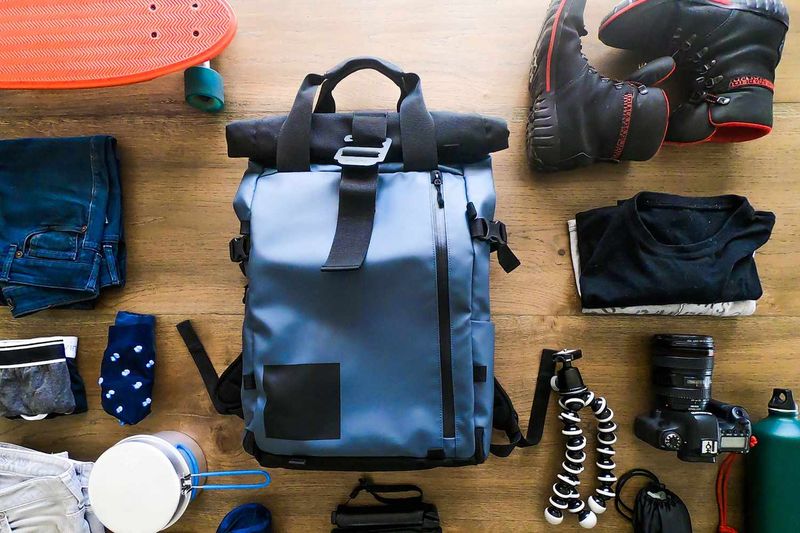
Massive boots devour precious backpack space that could hold extra food, gear, or clothing layers. Their awkward shape makes efficient packing nearly impossible during multi-day adventures.
Airlines charge extra for oversized luggage partly filled with chunky footwear. Compact trail shoes pack easily and leave room for essentials that actually enhance your hiking experience rather than consuming valuable storage space unnecessarily.

